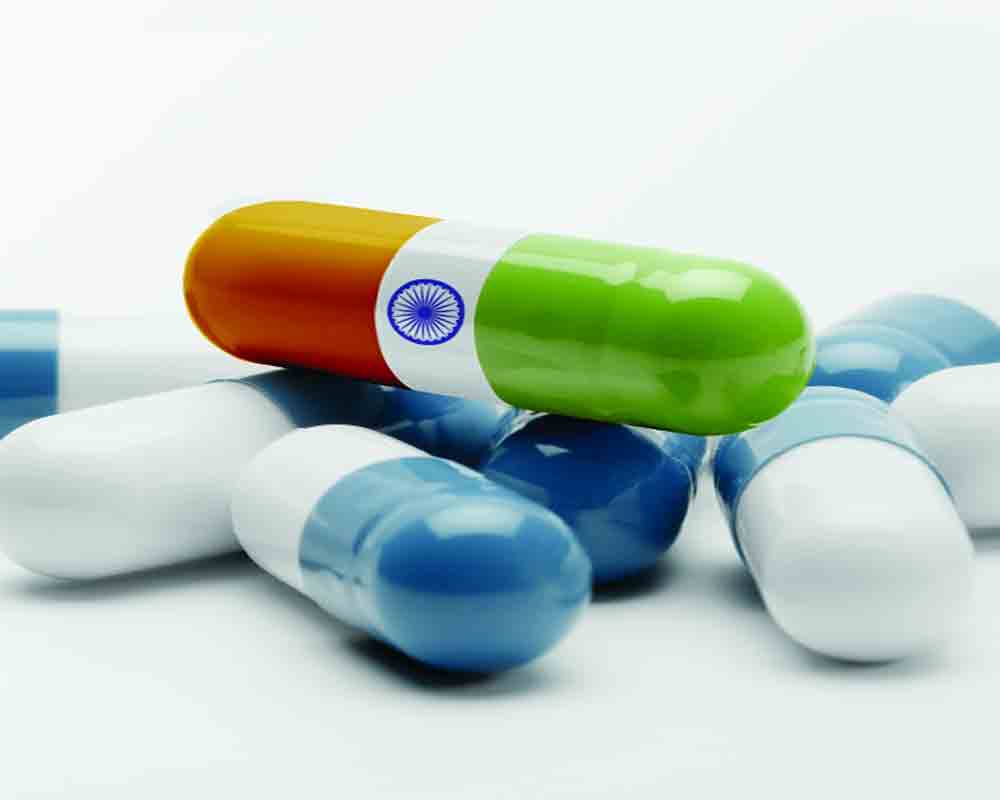Providing a suitable moisture-free environment free from unwanted microorganisms is essential for making pharmacy products of international standards
The Indian pharmaceutical industry is growing at an exponential rate. Observing a massive evolution in the past three years, majorly fast-tracked under pressure projected by COVID-19, at present it is valued at $50 billion, as per the report by InvestIndia. Supplying pharmaceuticals to more than 200 countries, India has risen to the prominence of being recognised as the ‘pharmacy of the world.’
Where the industry is emerging as a leading pharmaceutical producer across the world, the market is becoming highly competitive owing to the perennially growing population. Furthermore, in the pursuit of serving a large number of people, at present India enjoys a presence of more than 3000 pharma companies with a robust network of over 10,500 manufacturing facilities. Therefore, it can be said that the industry is thriving at a phenomenal pace. Moreover, with the country being positioned as the third-largest producer of pharmaceutical products by volume and 14th-largest by value, it is further committed to improving the healthcare infrastructure and providing universal health coverage. In the process, it seeks to strengthen its foothold in the international market and at the same time penetrate deeper into the market.
Given the progressive aspirations, there is an incessant need for the industry to produce superior-quality products meeting the highest industry standards, conforming to the Food and Drug Administration (FDA) specifications. This requires the industry to reinvent continuously and upgrade the manufacturing standards invariably to garner a resilient pharmaceutical infrastructure that produces the highest-quality products to meet the surging demand projected domestically as well as internationally.
To scale the production and offering of the pharmaceutical sector, the manufacturers must be aware of the looming threats plaguing the industry. Here, it has been observed that moisture is a major deterrent, posing a serious threat to the pharmaceutical industry. Even the slight presence of moisture in the surroundings is capable of deteriorating the quality of the products. It comes with the ability to trigger biochemical reactions by initiating organic corrosion. Providing a suitable environment for the germination of unwanted microorganisms can severely interfere with the accuracy and potency of products.
Looking at the moisture menace more closely, it has been seen that the materials coming into contact with humidity resist the various grinding and pulverising operations by becoming resilient. With the materials clinging to the grinding machine, they defy conveying from one source to another. In addition to this, humidity increases the chances of lumping and caking of powder at the time of tablet compression. Consequently, this results in the failure of entire tablet processing and also gives rise to the rough and translucent coating of tablets.
All these factors can together lead to the revocation of products from the market and severely impede the growth of the pharmaceutical industry. Therefore, to curtail the damaging effect of moisture, it is necessary to ensure an uninterrupted supply of moisture-free air at every stage of the pharmaceutical process.
Hence, gauging the destructive impact of moisture, it is a prerequisite that the industry invariably focuses on maintaining air quality throughout the processing, manufacturing, storage, research, testing, and packaging of pharmaceutical products to keep humidity in check.
To achieve quality air during the various pharmaceutical processes, the industry must deploy dehumidification solutions. Installing desiccant dehumidifiers that are well supported by advanced technology, comes in handy in maintaining a constant relative humidity (RH) throughout the production, processing, storage, and packaging of the products. It comes with the ability to achieve RH as low as 1% to ensure the superior quality of the products throughout their shelf life.
Consequently, with the country strengthening its foothold in the international market, manufacturers are adopting dehumidification solutions with agility.
The process of achieving stringent environmental conditions within the manufacturing space helps in the production of the highest-quality pharmaceutical products. As India is recognised as the ‘pharmacy of the world,’ advanced dehumidifiers offer a roadmap to not just preserve the title but also expand the offerings of the country.
(The writer is the CEO, of Bry-Air, views are personal)


























